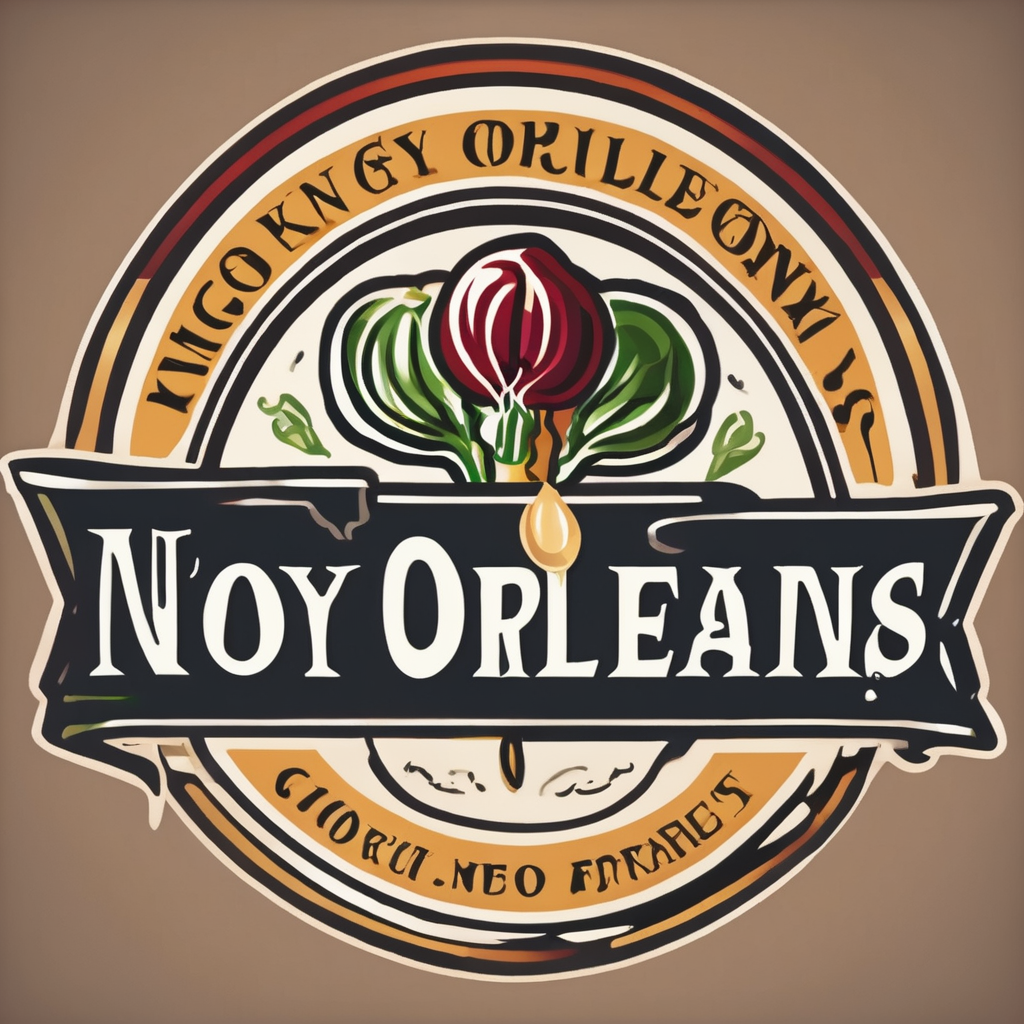Implementing Technology in UK Kitchen Restaurants to Improve Customer Experience
Integrating technology in UK hospitality has become essential for kitchen restaurants aiming to elevate customer experience while maintaining operational efficiency. The ongoing restaurant digital transformation in the UK hospitality sector focuses on adopting intuitive systems that address both back-end workflows and front-end customer interactions.
Key technologies enhancing customer experience include digital ordering platforms, contactless payment solutions, and AI-driven chatbots for reservation management. These tools streamline service by reducing wait times and minimizing errors, which directly aligns with rising UK kitchen restaurant trends that stress seamless and personalised interactions. Additionally, the use of smart kitchen displays improves communication between chefs and servers, speeding up order processing without compromising quality.
Also read : How can UK kitchen restaurant bars optimize their menu offerings?
When implementing such innovations, compliance with UK laws—such as GDPR and accessibility regulations—is crucial. Ethical data collection ensures customer trust while enabling restaurants to tailor services per individual preferences. Aligning technology usage with these expectations not only benefits operational flow but also boosts customer satisfaction and loyalty, making technology adoption a strategic priority for UK kitchen restaurants focused on long-term success.
Enhancing Efficiency and Personalisation with Digital Tools
Integrating customer experience technology like contactless payments, online reservations, and mobile apps significantly boosts restaurant efficiency in UK kitchen restaurants. Contactless payment systems reduce transaction time, allowing customers to settle bills swiftly and restaurants to manage cash flow more effectively. Online reservation platforms provide accurate seating management, preventing overbooking and lengthy wait times, which contributes directly to smoother operations.
This might interest you : How do UK bars enhance customer engagement through events?
Tableside ordering systems further enhance efficiency by enabling diners to place orders directly via tablets or smartphones. This reduces human error, streamlines communication between customers and kitchen staff, and accelerates service delivery. For instance, orders sent instantly to kitchen displays minimize delays, improving overall speed and quality of service.
Digital personalisation UK initiatives also leverage customer data to craft tailored experiences. By analysing purchase history and preferences, restaurants recommend menu items that resonate with individual tastes. Loyalty programs integrated within these platforms encourage repeat visits and deepen customer engagement. This dual focus on efficiency and personalisation aligns perfectly with evolving UK kitchen restaurant trends and customers’ expectations for seamless, responsive service.
Implementing Technology in UK Kitchen Restaurants to Improve Customer Experience
The restaurant digital transformation in the UK hospitality sector revolves around adopting advanced technologies that enhance both operational flow and customer experience technology. Key innovations include contactless payment systems, digital ordering platforms, and AI-driven chatbots. These tools help streamline service delivery, reduce wait times, and minimise human errors, which aligns closely with evolving UK kitchen restaurant trends prioritising seamless customer journeys.
Moreover, compliance with UK-specific regulations, such as GDPR and accessibility guidelines, remains a critical consideration. Ensuring ethical data handling not only builds trust but also enables personalised experiences that resonate with individual customers. For instance, restaurants that collect data with consent can tailor promotions and recommendations effectively.
Aligning technology adoption with customer expectations means focusing on ease of use, speed, and privacy. Integration of smart kitchen displays further supports timely order processing, contributing to higher satisfaction. In summary, the successful implementation of technology in UK hospitality depends on harmonising innovation with legal requirements and user-centric design, thereby fostering loyalty and competitive advantage.
Implementing Technology in UK Kitchen Restaurants to Improve Customer Experience
The restaurant digital transformation in the UK hospitality sector prominently features technologies designed to enhance customer experience while ensuring efficiency. Key innovations include contactless payment systems, AI-driven chatbots for reservations, and digital ordering platforms. These technologies streamline ordering processes, reduce errors, and shorten wait times, all central to evolving UK kitchen restaurant trends that emphasise smooth, personalised customer journeys.
Current UK-specific digital trends also highlight the importance of data privacy compliance under GDPR and adherence to accessibility regulations. Restaurants must securely handle customer information to maintain trust, enabling them to offer tailored promotions and menus without compromising privacy. Aligning technology adoption with these standards safeguards customer confidence and supports long-term loyalty.
Importantly, successful integration hinges on matching innovation with customer expectations. The focus lies on ease of use, speed, and seamless interaction. Smart kitchen displays complement front-end tools by improving communication between staff, ensuring orders are prepared efficiently and accurately. Together, these technologies position UK kitchen restaurants to meet rising demands for personalised service, reflecting the broader shift in technology in UK hospitality toward creating frictionless and engaging dining experiences.
